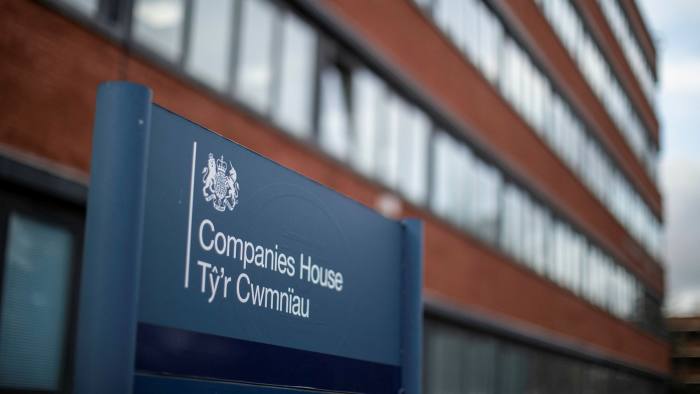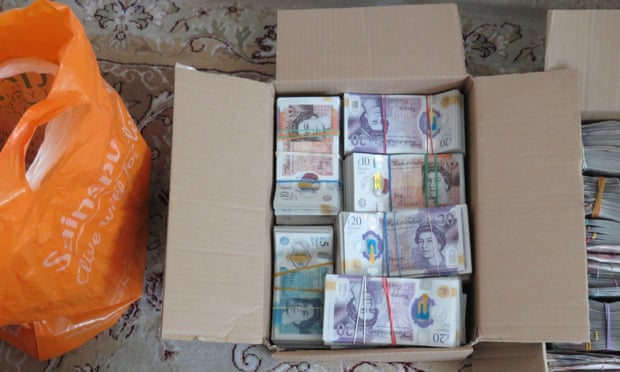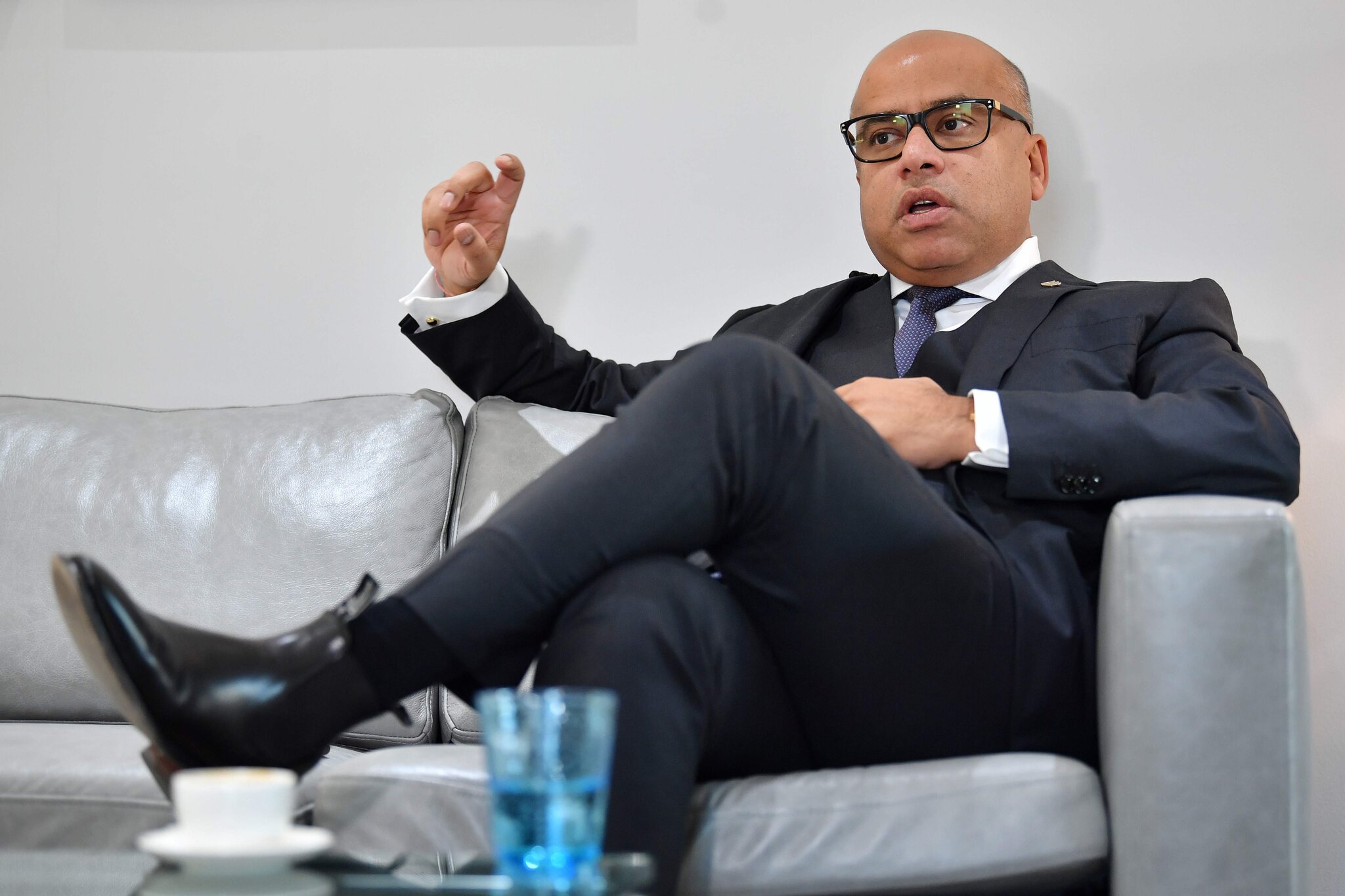Companies House, my virtual Russian squatter and me
CYNTHIA O’MURCHU , 30 June 2021
 If Britain’s company registry is to be believed, my family and I have been sharing our dwelling with a Russian in his mid-forties. For a time, our place doubled as an office for his start-up, which he set up last year, and in which he is the sole shareholder.
If Britain’s company registry is to be believed, my family and I have been sharing our dwelling with a Russian in his mid-forties. For a time, our place doubled as an office for his start-up, which he set up last year, and in which he is the sole shareholder.
The trouble is, it’s not true. We have never heard of “the Russian”. But evicting our virtual squatter turned out to be complex — and costly.
Trawling through public records is the backbone of my work as I follow global money flows searching for evidence of financial fraud or accounting acrobatics. So I’m aware that records at the UK corporate registry, Companies House, contain errors and lies. Continue reading “Article: Companies House, my virtual Russian squatter and me”

 The parliamentary debate was often framed by the minister and others around the narrative that Johnny Foreigner is corrupt and a threat to our values and global stability. The Minister said that 22 individuals from six countries have been sanctioned. No doubt, there are corrupt persons all around the world, but what about home grown corruption.
The parliamentary debate was often framed by the minister and others around the narrative that Johnny Foreigner is corrupt and a threat to our values and global stability. The Minister said that 22 individuals from six countries have been sanctioned. No doubt, there are corrupt persons all around the world, but what about home grown corruption.  President Kersti Kaljulaid has called on the United Kingdom to join the European Union in opposition to the Alexander Lukashenko regime in Belarus, along with those of other anti-democratic governments which often use London as a conduit for large scale money-laundering activities, British daily The Guardian reports.
President Kersti Kaljulaid has called on the United Kingdom to join the European Union in opposition to the Alexander Lukashenko regime in Belarus, along with those of other anti-democratic governments which often use London as a conduit for large scale money-laundering activities, British daily The Guardian reports. In March, the government published its review of all the threats facing this country, and how it would respond to them, from hostile autocracies and cybercrime to terrorism and trade. Running through the pages of this huge and complex document, like lead through a pencil, is one consistent vulnerability: dark money.
In March, the government published its review of all the threats facing this country, and how it would respond to them, from hostile autocracies and cybercrime to terrorism and trade. Running through the pages of this huge and complex document, like lead through a pencil, is one consistent vulnerability: dark money. Britain’s financial crime unit is investigating suspected fraud and money laundering involving the businesses of Sanjeev Gupta, whose global metals empire ballooned in recent years with the aid of billions of dollars in financing from the failed firm Greensill Capital.
Britain’s financial crime unit is investigating suspected fraud and money laundering involving the businesses of Sanjeev Gupta, whose global metals empire ballooned in recent years with the aid of billions of dollars in financing from the failed firm Greensill Capital. In March 2014, a few days after Vladimir Putin’s forces invaded Crimea, a British official arriving for a meeting of the UK’s National Security Council failed to shield his notes from the Downing Street photographers. Any response to the Kremlin’s aggression should not, the notes read, “close London’s financial centre to Russians”. The government subsequently explained that it “wanted to target action against Moscow and not damage British interests”.
In March 2014, a few days after Vladimir Putin’s forces invaded Crimea, a British official arriving for a meeting of the UK’s National Security Council failed to shield his notes from the Downing Street photographers. Any response to the Kremlin’s aggression should not, the notes read, “close London’s financial centre to Russians”. The government subsequently explained that it “wanted to target action against Moscow and not damage British interests”. The Bank of England might strengthen its controls on cloud data providers and other technology firms to counter possible risks to the stability of the financial system from the rise of fintech, Deputy Governor Dave Ramsden said.
The Bank of England might strengthen its controls on cloud data providers and other technology firms to counter possible risks to the stability of the financial system from the rise of fintech, Deputy Governor Dave Ramsden said. Britain will crack down on online scams and make platforms that make money from advertising financial products more accountable, financial services minister John Glen said on Wednesday.
Britain will crack down on online scams and make platforms that make money from advertising financial products more accountable, financial services minister John Glen said on Wednesday. The global system for financial crime is hugely expensive and largely ineffective.
The global system for financial crime is hugely expensive and largely ineffective.